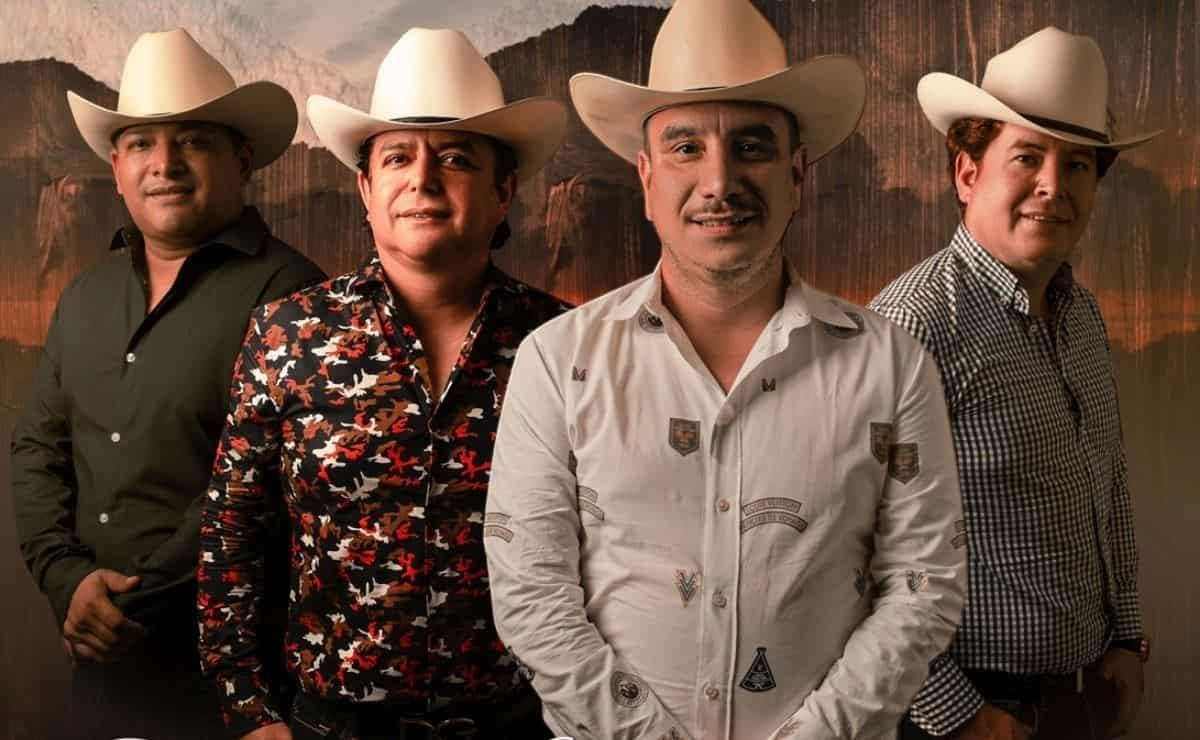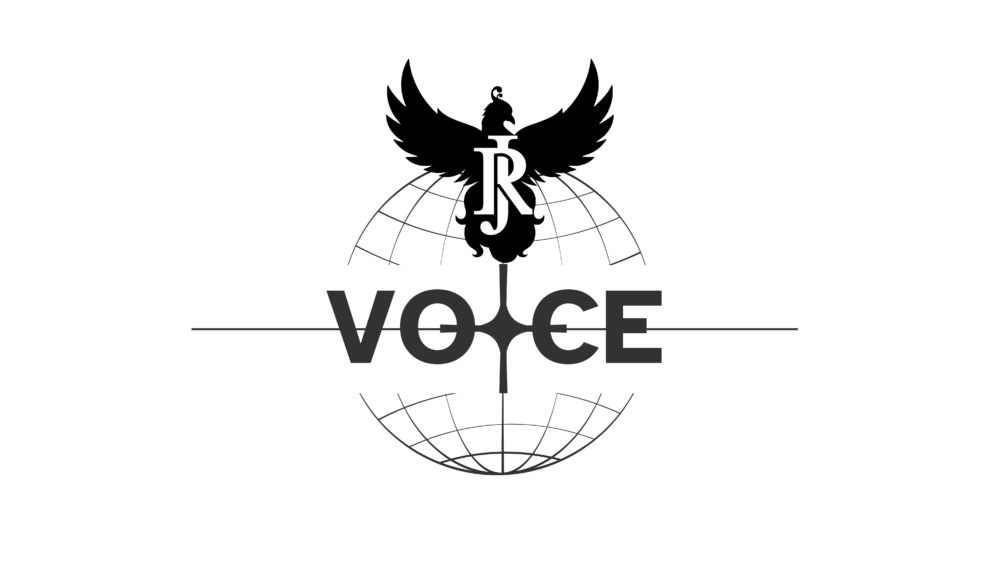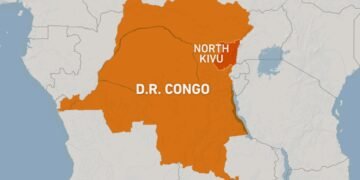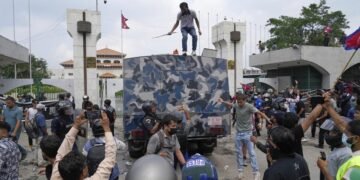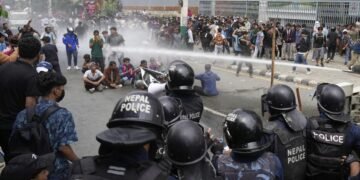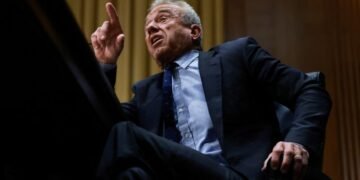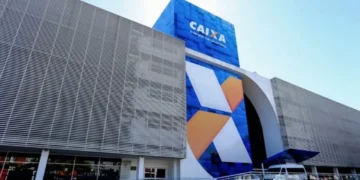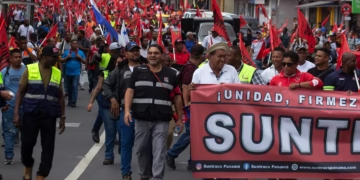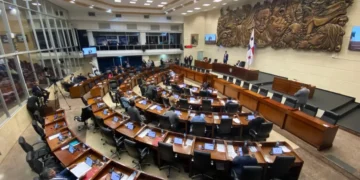A controversial tribute song to one of Mexico’s most notorious drug lords has unexpectedly surged to the top of the Billboard LyricFind Global chart. The song, El del palenque, performed by regional Mexican band Los Alegres del Barranco, recently gained massive popularity following a concert in Jalisco and widespread social media attention.
The track, which pays homage to Nemesio Oseguera Cervantes—widely known as El Mencho, the alleged leader of the Jalisco New Generation Cartel (CJNG)—was performed at the Telmex Auditorium, one of the largest venues in Jalisco. The performance was accompanied by AI-generated visuals reportedly portraying the cartel figure, further fueling public debate.
Following the show, interest in the song skyrocketed, with Billboard reporting a dramatic 232% global increase in searches for its lyrics. In the U.S. alone, official streams rose by 46%, and data from analytics company Luminate showed a boost of over two million streams between March 31 and April 3. Altogether, Los Alegres del Barranco’s catalog reached more than 13 million streams in the U.S., accounting for a significant 30% of their total listenership during that period.
El del palenque was penned by the group’s bassist, José Carlos Moreno Álvarez. The song’s lyrics reflect the traditional narcocorrido genre, featuring glorified depictions of cartel life. One of the verses boldly states: “Soy el dueño del palenque / cuatro letras van por delante / soy señor de los gallos / el del cartel jalisciense…”
Narcocorridos—ballads that narrate the lives and exploits of drug traffickers—have long been a staple in regional Mexican music. Artists like Peso Pluma and Natanael Cano have also stirred controversy with songs referencing Joaquín “El Chapo” Guzmán, the imprisoned leader of the Sinaloa Cartel. But the timing of Los Alegres del Barranco’s tribute to El Mencho has drawn especially intense criticism.
The performance came just weeks after disturbing discoveries were made at a ranch in Teuchitlán, Jalisco, believed to be a cartel-run extermination site. The gruesome scene, which included hundreds of abandoned shoes, served as a grim reminder of the country’s ongoing crisis of disappearances—over 127,000 people are currently listed as missing in Mexico, according to government figures.
While the CJNG has been linked to the ranch, a video later surfaced of masked individuals claiming to be cartel members denying involvement. Still, the proximity of the concert to these events—and the choice of subject—sparked backlash across social media and mainstream outlets alike.
The fallout didn’t end there. On April 1, the U.S. State Department revoked the work and tourist visas of Los Alegres del Barranco, effectively canceling their upcoming American tour, which had included scheduled stops in California, Texas, Alabama, and Oklahoma. A day later, the band released a public apology, saying the performance had been misunderstood: “We regret that part of the show was misinterpreted. It was never our intention to offend anyone,” they said in a video message.
Despite the controversy—or perhaps because of it—El del palenque has become one of the most talked-about songs in regional music today. Its viral ascent highlights the powerful and polarizing role of narcocorridos in Mexican culture, especially when they intersect with real-world violence and tragedy.
